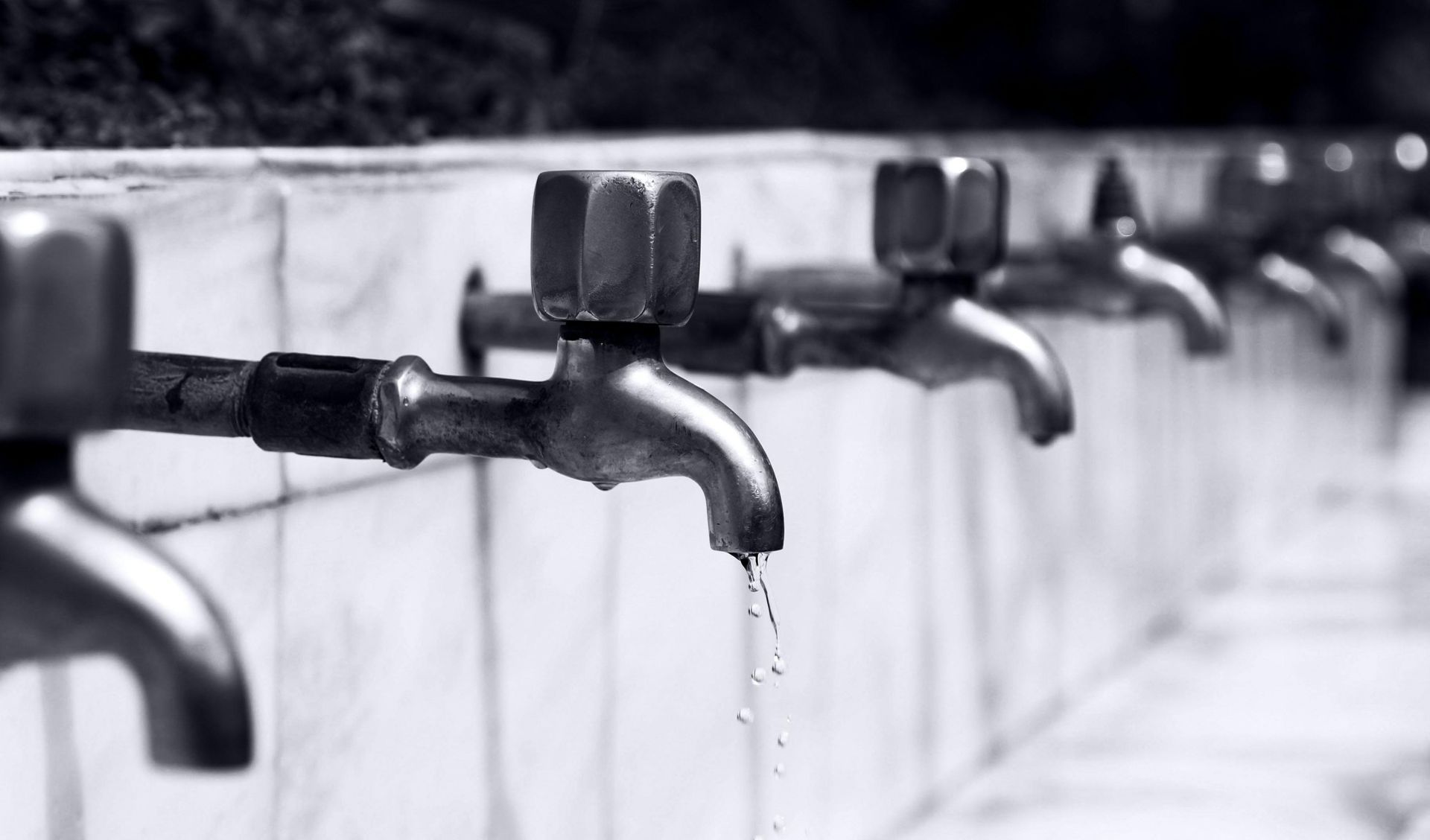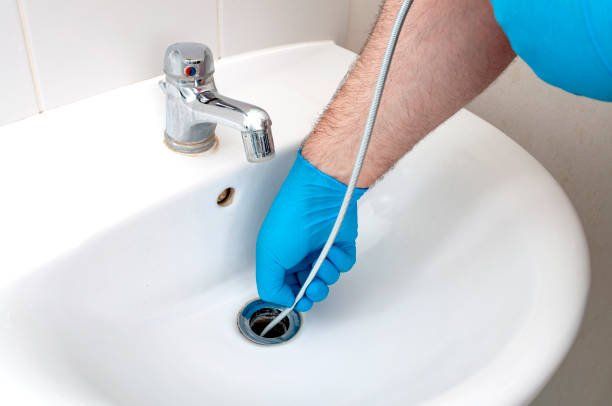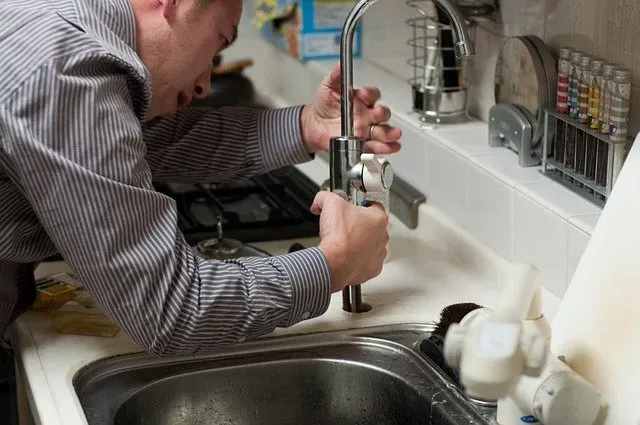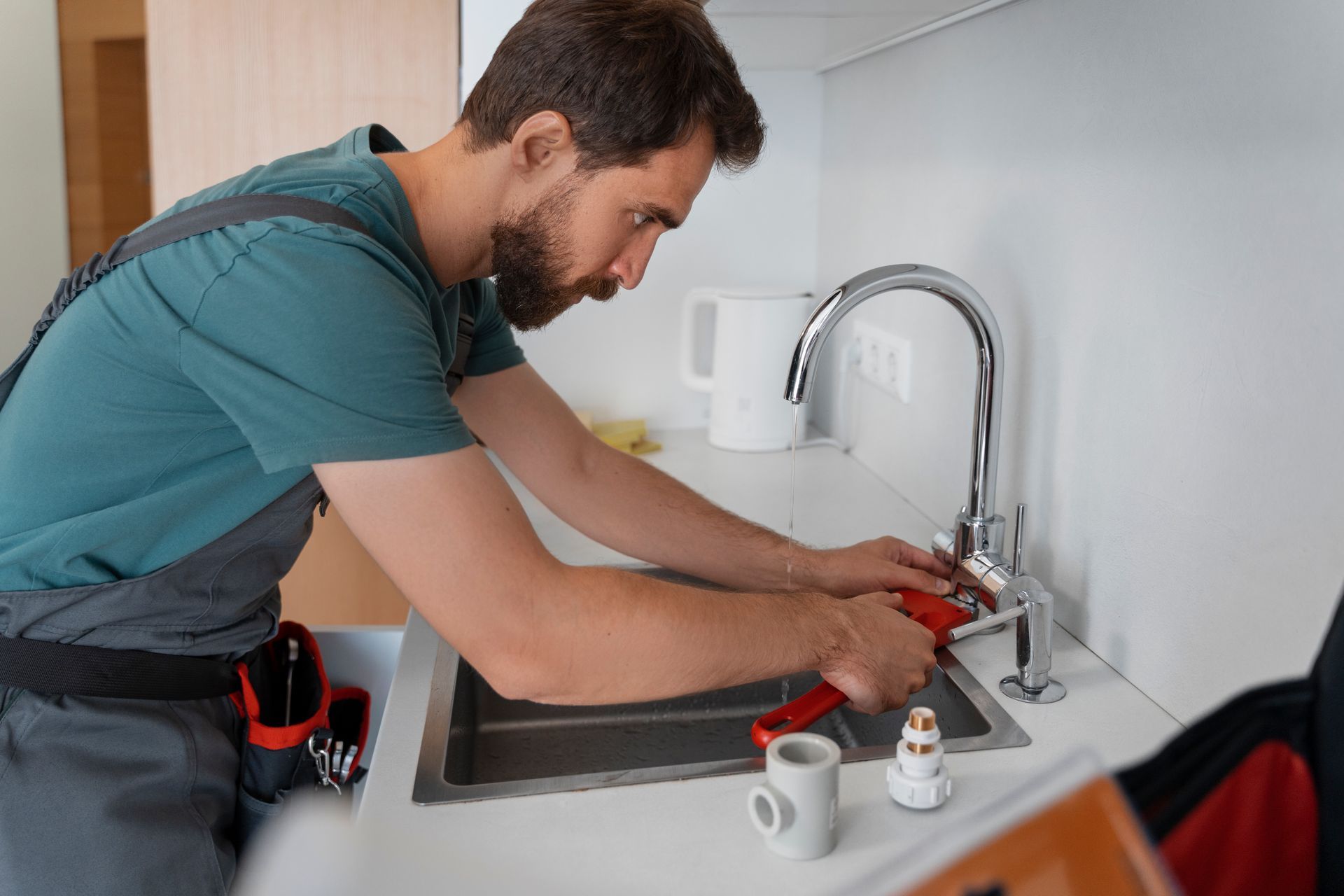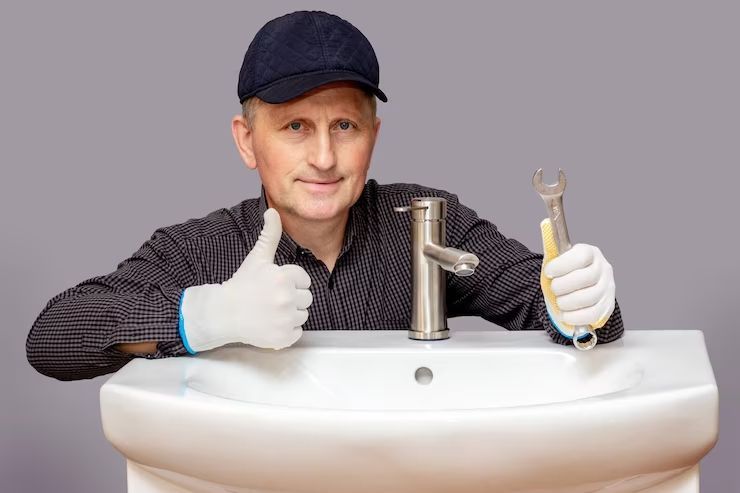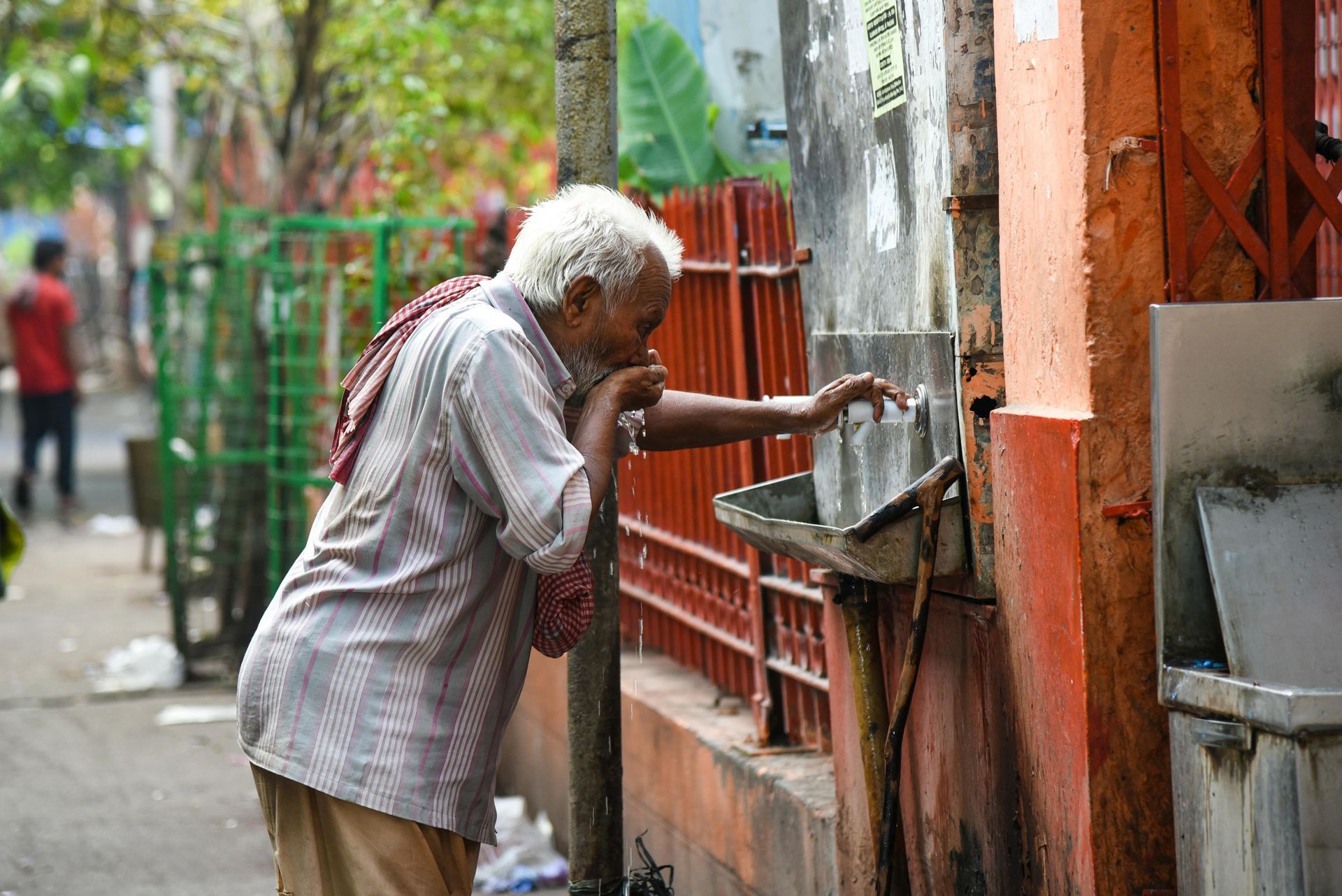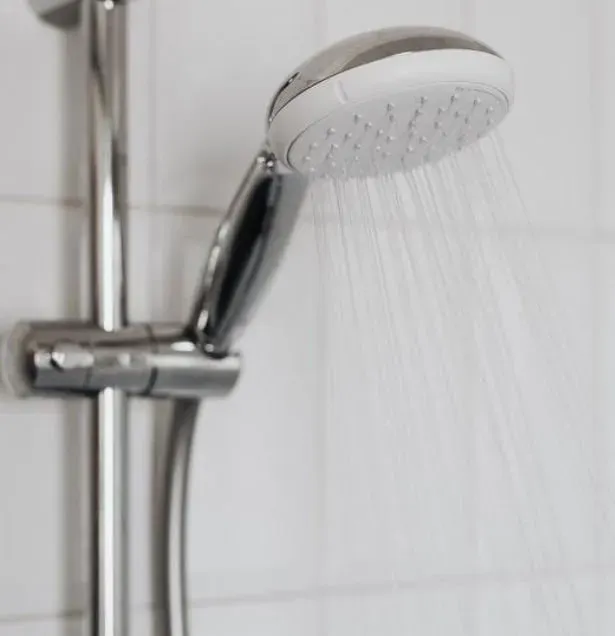Who Is Responsible for a Clogged Toilet: Landlord or Tenant?
In the realm of rental living, few things are as unpleasant as a clogged toilet. When faced with this messy and inconvenient situation, the question of responsibility often arises – who should bear the burden of fixing it, the landlord or the tenant? While every situation may have unique factors, the resolution of this issue typically hinges on factors such as the terms of the lease, local regulations, and the cause of the clog. Today, we’ll delve into this topic while keeping All City Plumbers, a leading plumbing company, in mind.
Understanding the Lease Agreement
The first step in determining responsibility is to thoroughly examine the lease agreement. Lease contracts outline the rights and responsibilities of both the landlord and the tenant. In many cases, maintenance and repairs fall under the purview of the landlord. However, there might be clauses that specify certain responsibilities for the tenant, such as regularly changing the toilet paper or handling minor clogs with a plunger.
Additionally, some landlords might include clauses stating that the tenant should avoid disposing of non-flushable items like wipes, feminine products, or excessive toilet paper down the drain. If a clog occurs due to negligence on the tenant’s part, they might be held responsible for the repair costs.
Local Laws and Regulations
Local laws and regulations also play a crucial role in determining responsibility. In some areas, the law might place the responsibility of maintaining plumbing systems solely on the landlord. This means that regardless of the cause of the clog, the landlord would have to address the issue and cover the repair expenses.
On the other hand, certain jurisdictions may have laws that mandate tenants to handle minor plumbing issues, such as clogged toilets, during their tenancy. These laws are often aimed at ensuring tenants take reasonable care of the property and prevent undue burden on landlords for minor maintenance tasks.
Common Causes of Toilet Clogs
The cause of the clog can significantly influence responsibility. In many instances, clogs result from the accumulation of foreign objects or improper use of the toilet. Items like cotton swabs, hair, paper towels, and toys should never be flushed down the toilet , but unfortunately, such misuse can lead to clogs.
If the clog is a direct result of the tenant’s actions, such as flushing inappropriate items, the responsibility to fix it typically falls on the tenant. Conversely, if the clog arises from a plumbing issue beyond the tenant’s control, such as tree roots invading the sewer line, the landlord would likely be held accountable.
Effective Communication and Timely Resolution
Regardless of responsibility, the key to handling a clogged toilet smoothly lies in effective communication between the landlord and tenant. If the lease is unclear on maintenance responsibilities, both parties should engage in open dialogue to determine the best course of action.
Tenants should promptly inform their landlord of any plumbing issues they encounter. Similarly, landlords must prioritize quick responses to tenants’ maintenance requests to prevent further damage and ensure the well-being of their tenants.
Conclusion: Toilet Clogs in Rental Homes
In the case of a clogged toilet, the question of responsibility between landlords and tenants can be complex. Understanding the terms of the lease, local regulations, and the cause of the clog are all essential factors in reaching a fair resolution. Open communication between both parties is crucial in handling such situations efficiently.
All City Plumbers , with its dedication to providing top-notch plumbing services, can be a valuable resource for landlords and tenants alike. With their expertise and prompt assistance, both parties can rest assured that any plumbing issue, including clogged toilets, will be addressed professionally and promptly. Ultimately, a collaborative approach and a commitment to proper maintenance will lead to a more harmonious and stress-free rental experience for everyone involved.

